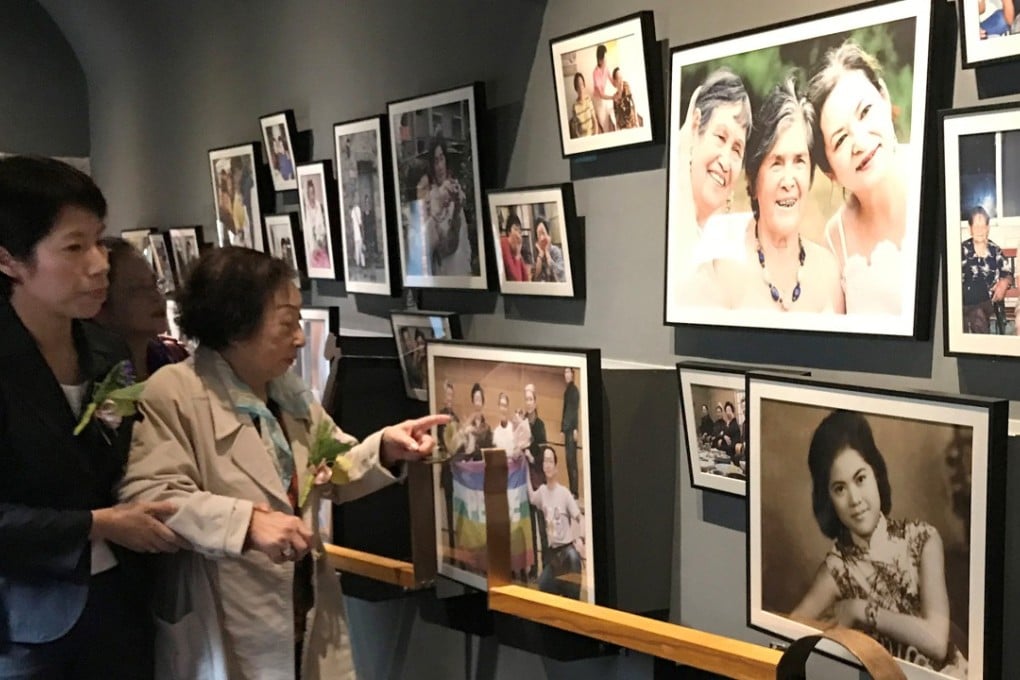Taiwan’s museum for ‘comfort women’ launches campaign for compensation
Campaign aims to put pressure on Japanese government to issue apology and make reparations to victims of wartime sexual slavery

A museum dedicated to Taiwanese women forced to work in Japan’s wartime military brothels has launched a campaign to press the Japanese government to apologise and compensate the “comfort women”.
The Ama Museum had begun providing cards for visitors to write a short message to the Japanese government, with all the cards to be forwarded on August 31 to the Japan-Taiwan Exchange Association, Japan’s de facto embassy in Taiwan, museum director Kang Shu-hua said.
“Comfort women” is the euphemism created in Japan to refer to women, mainly from Asia, procured to work in Japanese military brothels before and during the second world war.
The women came from Taiwan and Korea, both Japanese colonies at the time, as well as China, the Philippines and Indonesia.
Although about 2,000 of the women affected are believed to have come from Taiwan, only two are known to remain alive.